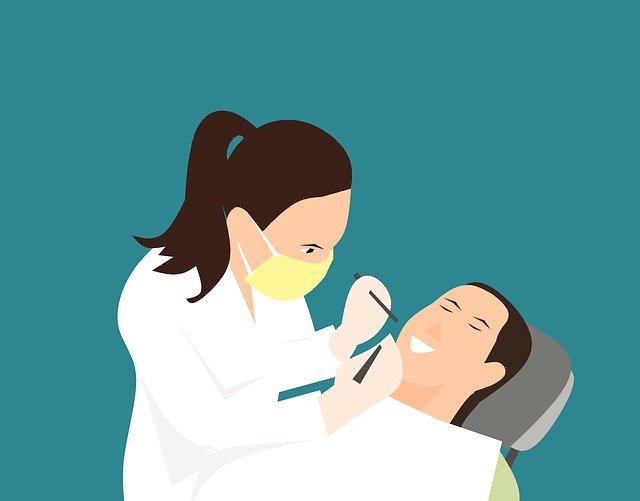Read on for more about how diversity in dentistry could improve health equity, especially if the number of female dentists were to be increased.
The dental profession is undergoing substantial demographic changes, especially in relation to gender. A new study conducted by the Oral Health Workforce Research Center (OHWRC) at the University at Albany’s Center for Health Workforce Studies (CHWS) builds on their previous work on gender diversity in dentistry. Researchers used data from the 2014-2018 American Community Survey (ACS) to assess variation in workforce participation patterns among dentists related to certain personal characteristics.
Key findings include:
- The percentage of active dentists who are women is increasing. Of the 148,878 active dentists included in the analytic sample, 31.1% were female. In 2009-2013, only about a quarter of active dentists were women.
- The mean age of female dentists (43.3 years) was significantly lower than that of male dentists (52.2 years).
- Female dentists were more likely to be racially/ethnically diverse than were male dentists. Just 59.6% of female dentists were White, non-Hispanic, in contrast to 77.6% of male dentists.
- Female dentists were more likely to be foreign born (33.0%) and bilingual (35.5%) than male dentists (18.5% and 19.8%, respectively), suggesting more diversity in languages spoken and cultural competence.
- Female dentists were less likely to own a practice (45.4% vs 66.3%) and more likely to work less than 30 hours per week (13.3% vs 9.2%) than male dentists.
“Diversity within the dental profession is a widely embraced goal,” says OHWRC Co-Deputy Director Margaret Langelier. “One desirable outcome is that dentistry becomes increasingly representative of the patient community, which has been shown to improve access to care. Prior research suggests that female dentists treat more children and more publicly insured patients than their male counterparts. The growth in the number of women in dentistry may expand the capacity of the delivery system to better meet the needs of the population, particularly the underserved.”
To view the report, visit the CHWS website at http://www.chwsny.org.
For more information about the Oral Health Workforce Research Center, visit www.oralhealthworkforce.org.
ABOUT THE CHWS
Established in 1996, CHWS is an academic research organization, based at the School of Public Health, University at Albany, State University of New York (SUNY). The mission of CHWS is to provide timely, accurate data, and conduct policy relevant research about the health workforce.
The research conducted by CHWS supports and promotes health workforce planning and policymaking at local, regional, state, and national levels. Today, CHWS is a national leader in the field of health workforce studies, and the only HRSA-sponsored center with a unique focus on the oral health workforce.
ABOUT THE OHWRC
The OHWRC is supported by the Health Resources and Services Administration (HRSA) of the US Department of Health and Human Services (HHS) as part of an award totaling $449,915 with 0% financed with non-governmental sources. The content of this report are those of the authors and do not necessarily represent the official views of, nor an endorsement by, HRSA, HHS, or the US government.
For more information, please visit HRSA.gov.


